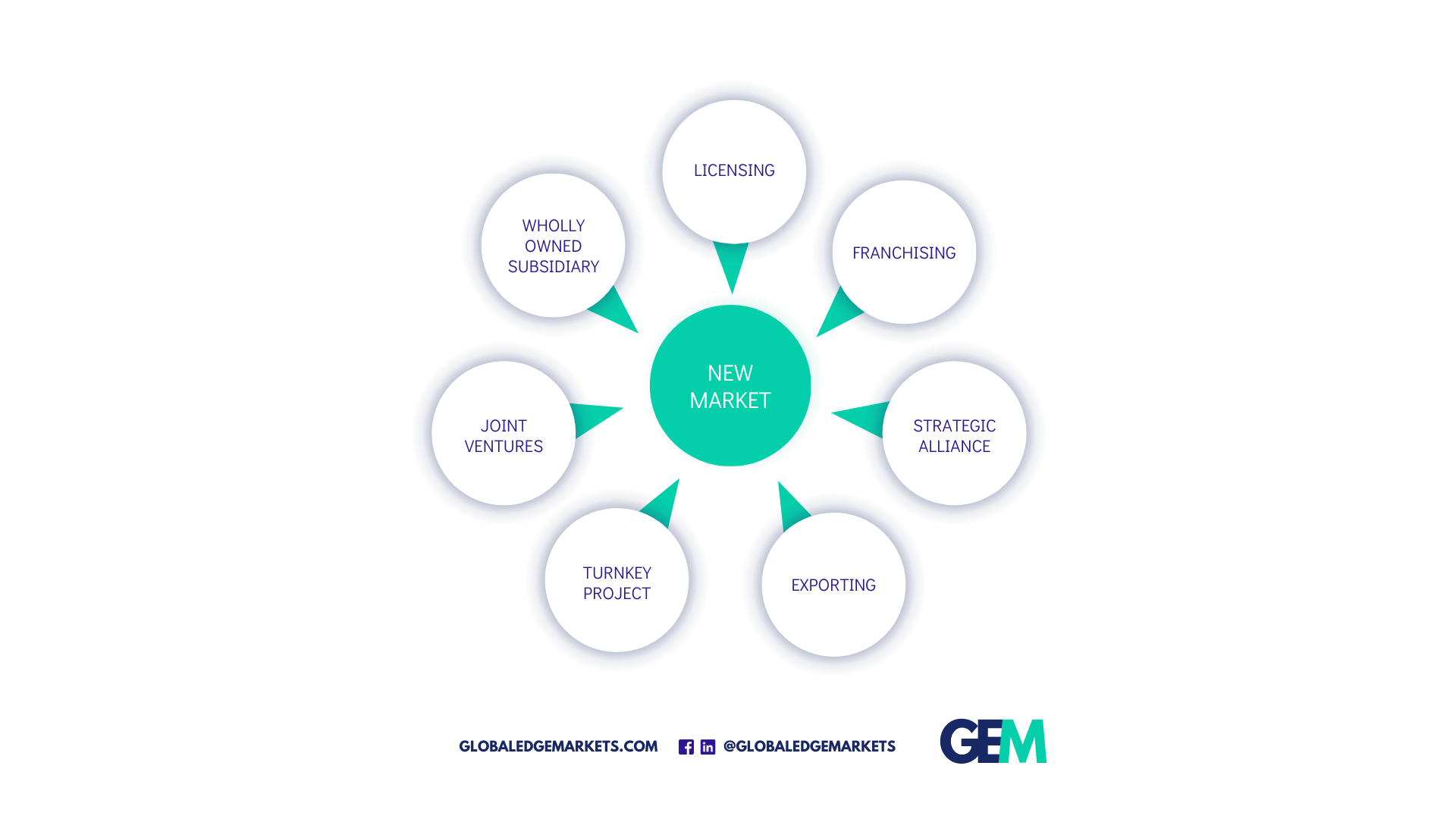
Decoding Successful Expansion: The Comprehensive Guide to Market Entry Consulting
Dive into the transformative power of digital adoption. Discover how digital transformation is propelling organizations to unprecedented heights in a dynamic marketplace.













